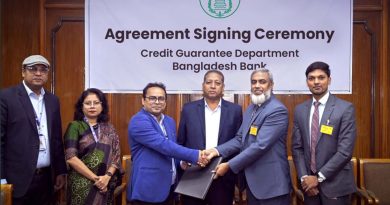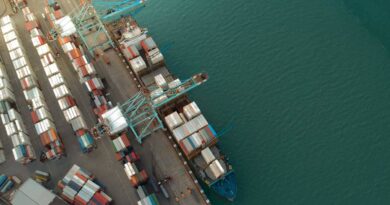Dhaka, July 22:
Bangladesh is set to submit its draft position paper today to the Office of the United States Trade Representative (USTR) in response to the US-proposed reciprocal tariff agreement, even as Washington remains silent on Dhaka’s request for a third-round negotiation meeting.
Commerce Secretary Mahbubur Rahman confirmed to The Banking Post on Sunday evening that the ministry has reached out to the USTR seeking a date for the next meeting. “An email has been sent requesting a meeting date, but we have yet to receive a response,” he said.
According to Rahman, the draft paper outlines Bangladesh’s request for a 5 to 10-year transitional period to implement various non-trade obligations, particularly those related to labour rights and environmental standards. The paper also includes a request for technical assistance from the US to address existing trade barriers and facilitate the agreement’s implementation.
To finalise the document, a high-level meeting was held on Sunday afternoon, involving Commerce Adviser Sheikh Bashir Uddin, Law Adviser Dr Asif Nazrul, and National Security Adviser Dr Khalilur Rahman. The completed draft is expected to be submitted electronically to the USTR this morning.
The upcoming negotiations—if scheduled—would mark the final round of discussions, centred around the US draft and Bangladesh’s counterproposals. If consensus is achieved, a formal agreement will follow, with expectations that it would lower the current 35% reciprocal tariff imposed on Bangladeshi exports to the US.
US President Donald Trump has announced that the revised reciprocal tariff rates will take effect from August 1, adding urgency to the negotiation timeline.
As part of its preparations, the commerce ministry convened an inter-ministerial meeting on July 20 to draft a comprehensive response. A senior official familiar with the proceedings, speaking on condition of anonymity, said Bangladesh may offer certain tariff concessions and agree to increase government-to-government imports from the US in exchange for reductions in export tariffs.
However, the official noted that Bangladesh is unwilling to fully accept the non-trade conditions—which include labour and transparency clauses—embedded in the US draft. Instead of rejecting them outright, the country will request phased implementation, with some obligations spread over five years and others over a decade.
Responding to questions about Bangladesh’s decision not to engage a lobbying firm—as Indonesia did during its successful negotiation to reduce reciprocal tariffs from 32% to 19%—the official cited contextual differences.
“Indonesia wasn’t bound by a non-disclosure clause and had more flexibility in using lobbying channels. Bangladesh, on the other hand, is facing stricter conditions from the US due to its trade exposure with China,” the official said.






